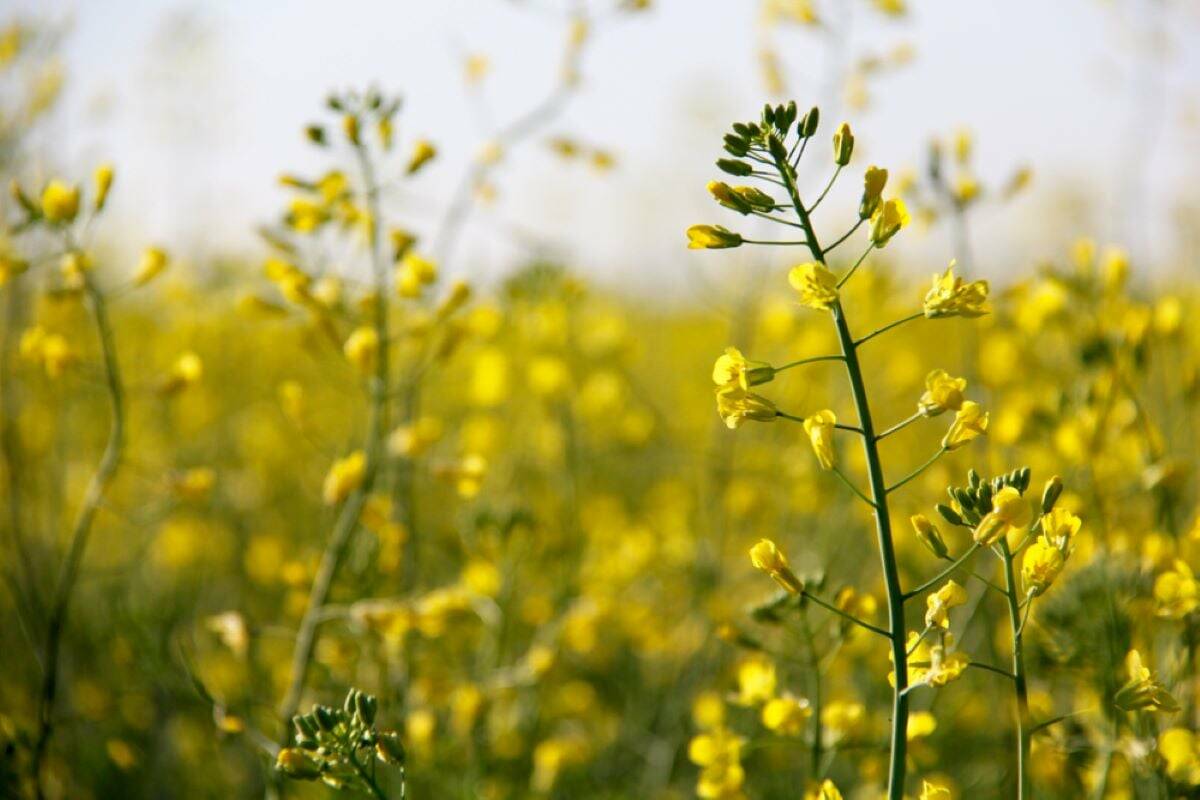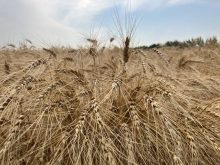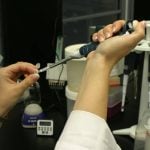The centrepiece of the tale of a famously unconventional western Manitoba pioneer family has been erased.
The vacant old farm home at the Criddle/Vane Homestead Provincial Heritage Park, about 10 km south of Canadian Forces Base Shilo, was completely destroyed by fire Wednesday evening.
Blue Hills RCMP, in a release Thursday, said they were called to the site at about 10 p.m. Wednesday on a report that the house was “fully engulfed” in flames. No one was injured.
Firefighters from Wawanesa, about 20 km south of the site, were unable to save the house, RCMP said. A value estimate of damages wasn’t yet known.
Read Also

ICE weekly: China, soy complex lift canola prices
China’s upcoming lifting of tariffs and rising soyoil prices lifted Canadian canola values for the week ended Feb. 4, 2026.
The Criddle/Vane Homestead, a 320-acre site the province acquired in the 1970s and designated as a provincial park in 2004, tells the story of an British immigrant farm family known for its contributions to science, art, sports, and culture in Manitoba and a “somewhat eccentric lifestyle,” in the province’s words.
The family’s patriarch, Percy Criddle, was a merchant “who knew nothing of farming,” but in the early 1880s hauled up stakes on his two households — including his legal wife, Alice, and her four children, plus another partner, Elise, and her five children — to move to Manitoba, at first eking out a below-subsistence living.
At the site today are the remnants of what’s now considered the first entomological field station in Western Canada, built at the farm in 1912, plus a family cemetery and the landscaping for what had been the family’s on-farm tennis courts and golf course.
Norman, the oldest of Criddle’s sons, became renowned as an artist and as the entomologist who operated the farm’s entomology lab, before his death in 1933. A book of his paintings of weeds and weed seeds was published by the government in 1905 and later republished by hardware and tool company Lee Valley.
The Criddle/Vane site is also considered significant to the entomological research community for long-term scientific study, the province said. Norman Criddle’s specimens from the region may now be found in major insect collections worldwide. — AGCanada.com Network















